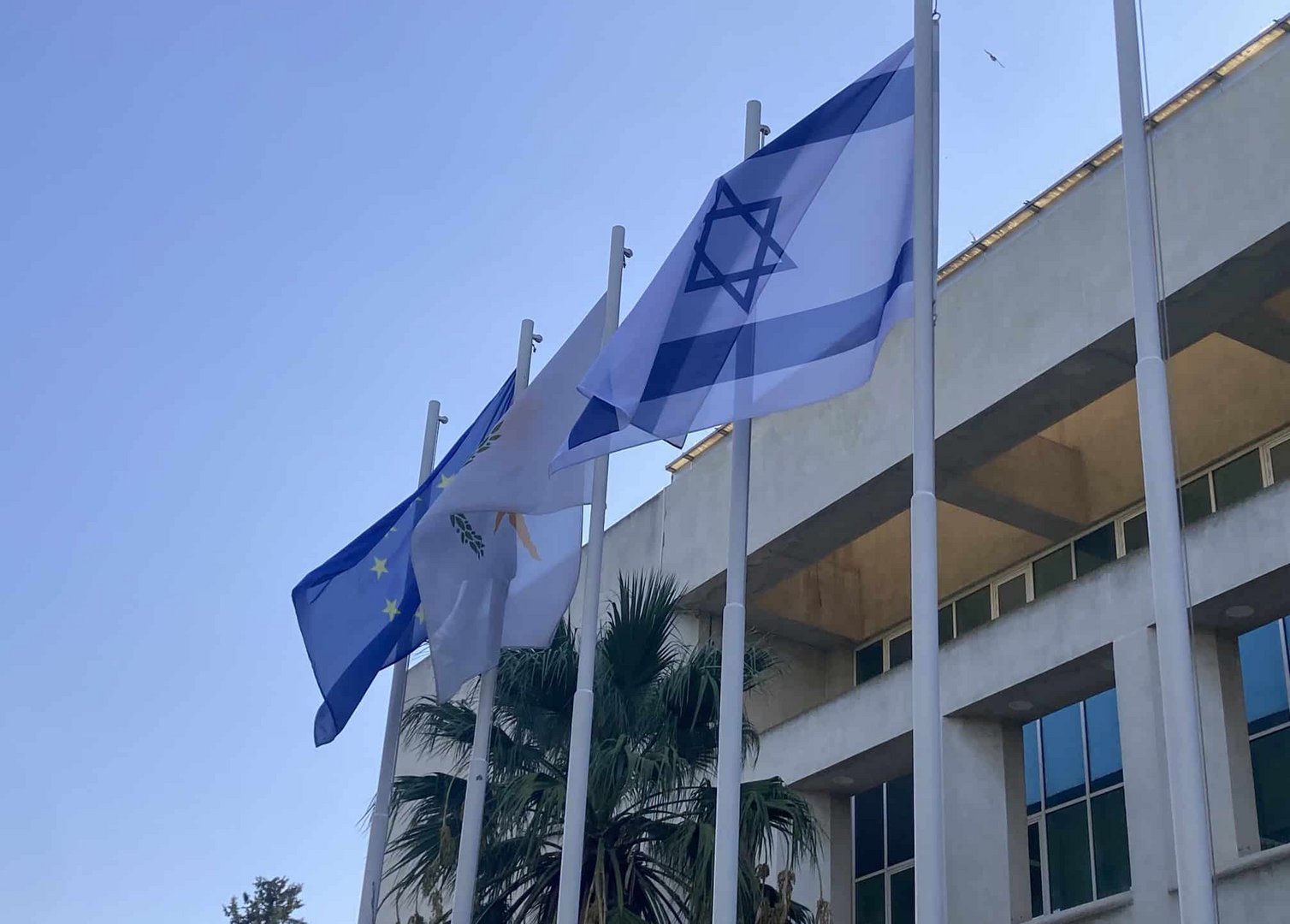Cyprus and Egypt are currently experiencing more immediate credit risks compared to other nations due to the Israel-Hamas conflict, according to a report by Germany-based ratings agency Scope Ratings.
In its report titled “Hamas Attacks Test Israel’s Economic Resilience – Adding Risks to Regional Stability and Global Growth”, the agency emphasised that the most immediate credit risks from the countries evaluated are currently faced by Egypt (B-/negative outlook), which is under significant pressure, and shares common borders with Gaza, controlled by Hamas.
Cyprus (BBB/stable) is also in the spotlight, as it “largely relies on Israel for its oil and gas supplies”.
On the other hand, Scope Ratings suggests that Turkey (foreign currency rating: B-/negative) may see an increase in its regional influence as it seeks to promote stability, similar to its actions during the Russia-Ukraine war.
In a pessimistic scenario, the agency explained that if the Israel-Palestinian conflict escalates regionally, oil prices could exceed $100 per barrel (compared to today’s Brent crude oil price of around $88 per barrel). This could raise concerns about inflation prospects globally and central bank reactions.
“This could have negative repercussions, in the medium term, on economic growth and the credit ratings of states beyond Israel,” Scope Ratings underscored.
The report also underscores that there is a risk that the Israel-Gaza conflict could expand to other parts of the Middle East, as Iran is the primary sponsor of Hamas and Hezbollah in Lebanon.
More broadly, Scope reported that Middle East and North African oil-producing countries are among the world’s top spenders on arms relative to their economic output, amidst several unresolved civil wars in Libya, Sudan, Syria, and Yemen.
It noted that Saudi Arabia and Libya allocate around 9 per cent of their GDP on military equipment, Oman dedicates 8 per cent of its GDP, and the United Arab Emirates, Algeria, and Israel expend nearly 6 per cent of their GDP. Ukraine, Qatar, South Sudan, and Kuwait allocate approximately 5 per cent of their GDP to military spending.






Click here to change your cookie preferences